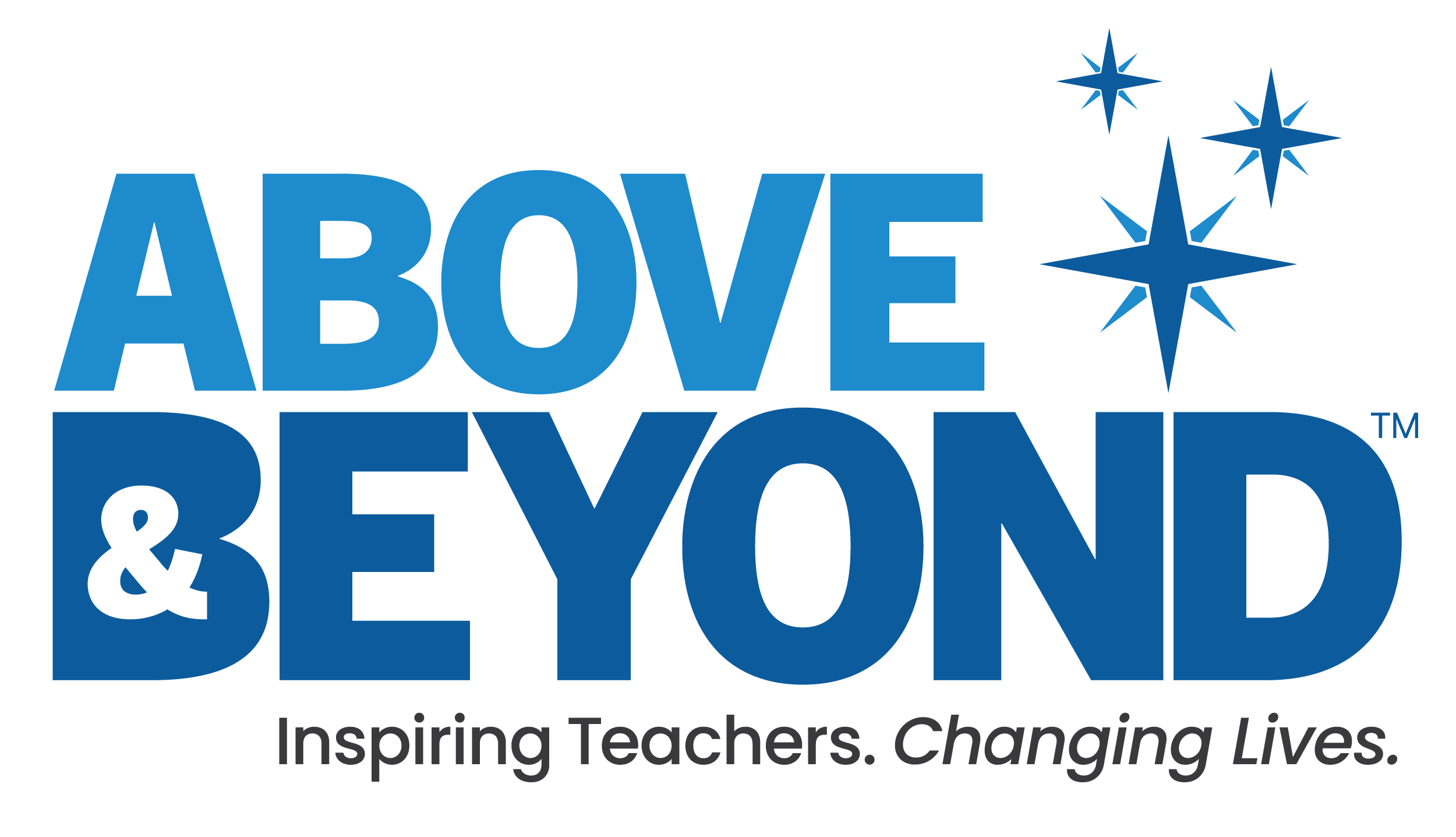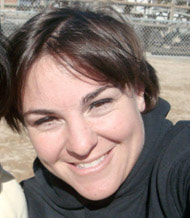Education is in Nicole DiRanna’s blood. Born into a family with a science curriculum writer and professional development expert as a mother and an award-winning English teacher as a grandmother, education was always at the forefront in Nicole’s life. Indeed, Nicole’s passion and commitment to the profession was instilled at a young age from “playing school” as a young child to heated family conversations about teaching and learning for all students as she grew older and considered her teaching career.
Upon receiving her undergraduate degree in Psychology from the University of the Pacific in Stockton, California in 2001, Nicole looked for ways to help her fellow man and give back to the community. She volunteered with AmeriCorps, serving one year with the Portland-based Cascade AIDS Project. Through this program, she interacted with clients from a variety of backgrounds and began to understand how exactly quality education, or the lack thereof, impacts the lives of parents and children. Following this life-changing experience, Nicole was determined to find a way to make a difference.
Returning to Southern California in 2002, and still uncertain about how best to use her talents, Nicole decided to try teaching and took a long-term substitute position. During this long term assignment, the experience evoked her passion for social justice. She was struck by the acute differences in access and equity in a lower income district. Nicole finally understood that teaching was where she needed to be. She returned to Chapman University in 2004 and earned her Master’s in Education with an Administrative Focus
Along the way, the works of Paulo Freire, Maxine Greene, and John Dewy strongly influenced her vision of what constitutes a quality education and what quality schools should be; i.e. places where students learn to use their voice to level the inequalities of today’s world. In 2008, she was recognized by the Chapman University School of Education faculty and received the “Paulo Freire Award,” an acknowledgment given each year to the student who most demonstrates great abilities and advancements in social justice.
Nicole began teaching at Centennial High School in Compton, California in 2005. As a member of the science department, she brought her love of science and passion to help children think rationally to solve problems to the classroom. She consistently pushes her students to the limit of their current understanding of the world around them. She forces them to make connections to their world and to imagine how to make that world better. Nicole works with her students to create programs that make change possible. For example, through a $10,000 grant she wrote, Nicole’s honors class was able to study the flora and fauna of Catalina. From this experience her students organized a recycling club and now take money they earn from re-cycling and put it back into the school to create school gardens or provide snacks for the students taking the California High School Exit Exam. Nicole furthers her vision of social justice working with both students and faculty to make Centennial High School a place for learning for everyone. Sparked from the need for her students to pass a community service requirement for graduation, Nicole began a school tree project where students are involved in every level of the project from planning, securing funding and permissions, planting, and maintaining the 36 trees planted in their campus beautification project. For Nicole, this project was more than learning about the life-cycle of the trees. It was illustrative of her teaching pedagogy: a teacher’s role is to facilitate and organize learning opportunities where students are at the center of design.
Under Nicole’s leadership with the faculty, Centennial is morphing into a vision of change and quality education for all. As the Professional Learning Community Team Leader, Nicole works with her peers to develop systems for professional development to bolster learning communities across grade levels. Additionally, as the WASC coordinator for the school, Nicole’s lead was instrumental in the design, facilitation, and authorship of the WASC report guaranteeing Centennial’s accreditation. As a member of the PTSA, she created a membership drive increasing membership 30%. She continues to serve as a MESA Advisor and AVID Teacher. In 2010, Nicole was awarded the Teacher of the Month Award, nominated and chosen by her peers for those that demonstrate excellence in teaching.
In discussing her approach to teaching, Nicole said, “I really wanted to teach in a place I felt I could make a difference. With my experience in AmeriCorps, I knew there were kids who wanted to learn, but didn’t have the resources or the support that was available to other, more fortunate students in wealthier areas. Students in places like Compton don’t often have a voice and, sadly, people have a tendency to discount what they say and stereotype them as kids in gangs and who use drugs, make babies and don’t care about learning. I am appalled when I hear people speak of young people like that. I wanted to change this, so Compton was a perfect place for me to teach.
“Coming to a school where I was the minority was an interesting experience; especially, when I was brought in to teach Honors Biology and Earth Science classes. Students and faculty alike looked at me funny. Many of the students never had a white teacher and didn’t know what to expect. Some felt I was the “do-gooder” who thought I was better than them. Some felt that, because I was white and a woman, they could intimidate me with their language or size. But, I have always believed that if a teacher knows his or her values and beliefs about what is important in the classroom and understands that the purpose of a teacher is to help student learn to become better citizens, the rest will fall into place. I didn’t have to prove I was the authority figure. I had to prove I was there to teach them – to do whatever was necessary to help them learn and be the best at whatever they do.
“I also believe if you treat people with honest respect, you will get it back. Kids want to know you are honest, dependable and consistent. They need to believe and trust they can count on you to do what you say. For most of the kids at Centennial, trust is a major issue. There are very few people in their own family or neighborhood whom they can trust. Thus, they are exceptionally distrustful of a white teacher.
“They also need to know that I honestly believe in their capabilities. Therefore, I always have high expectations for my students and make it clear I will not lower them just because I am teaching in a school that others may think is a school where the kids are not capable of learning. I make sure my students in every class and at every level understand what I am teaching them is important and exactly why it is important. All kids are dying for a good teacher and are hungry for help. However, many think they don’t have to do the work. Their prior experiences have taught them that merely going through the motions is good enough.
“However, to get students to do the more demanding work, I must first create a learning environment that is not only safe, but also engaging, creative, exciting, interesting and relevant. I create a lot of project based activities where they must work together and learn to respect each other. They must also learn they are responsible to the others in their group, which, for some, is quite difficult.
“Many of my students are from broken homes. Many have lived in several foster homes. Some are homeless and many have lost family members to gang related shootings or drug use. Some come to school very angry and hostile. Others are passively angry. They trust no one and are difficult to reach and inspire to learn. Most of my students come to me with reading levels at the 4th and 5th grade. Some can barely write their name. Yet, I find most of them really do want to learn. I believe there are no bad kids – only bad situations and bad decisions. I seldom have classroom management problems. The best anecdote to bad classroom behavior is preparation and planning. So, every day in my class, kids are working from the moment the bell rings to the moment the bell rings at the end of the period. If students come and just sit, sometimes I let them: but, I always let them know I am willing to help them. I engage them and talk with them and smile at them.
“I do a lot of backward planning. I make a point to learn early where the weaknesses are and then develop my plans for how to remediate those weaknesses.
“On a professional level, my personal goal is to get everyone I work with to see just how good these kids at Centennial High School really are. It is important for students to see the active support of their teachers for other things they do. I try to attend as many school activities and games as possible. These kids have very little parental and family support. When I see them perform or play a game and mention it to them the next day, they beam with pride. The pride in the climate of the school is crucial for these students. They need a safe and clean place to be and when they can contribute to making the ambiance of the school better, they feel good about what they have accomplished. What really matters is that these students feel they can make a difference; that they are taken seriously; and, that they are appreciated for any contribution they are able to make that improves their school. Every little thing helps build their confidence and increases their interest in taking additional academic risks.
“I am dedicated to making every day a day of purpose for my students. I am there to make sure they can be successful and productive. I am proud of what I do every day and am energized by the hope I see in the tired and sad eyes of my students when they learn something new or see they have earned a good grade or when they are accepted to a college or university. Their success makes me proud and makes all I do worth the effort.
-Published 2010


